T-Mobile and Verizon unite to prevent AT&T from getting free airwaves for first responders
We may earn a commission if you make a purchase from the links on this page.

In 2017, AT&T decided to help the US government build a dedicated network for first responders called FirstNet. Federal regulators are now considering awarding more spectrum to FirstNet but Verizon and T-Mobile are opposing that.
Before FirstNet was built, emergency responders used the same wireless networks as everyone else. This often hampered communication during emergency events as networks often become clogged during a crisis.
That's why it was decided to build a network that would prioritize firefighters, police, and emergency medical services and AT&T won the contract. It's a 25-year agreement, over the course of which AT&T will invest $40 billion. The carrier got $6.5 billion from the government as well as valuable airwaves.
The project was estimated to require an injection of as much as $47 billion during the first 10 years alone. That's why, it was decided to create a a self-funding network that would generate revenue from subscription fees from first responders and the sale of excess capacity to AT&T's commercial customers.
AT&T and its allies now want more wireless frequencies for FirstNet and some public safety agencies want the Federal Communications Commission (FCC) to assign the 4.9 GHz band to them. This band is considered a public safety spectrum but could be used for secondary purposes as well. It's currently used by the likes of Bay Area Rapid Transit and the New York Police Department.
When Congress decided to build FirstNet, Verizon and T-Mobile were not among the bidders. But now, they don't want FirstNet, and in essence, AT&T, to get 50MHz of spectrum in the 4.9GHz band for free, as it will be available for commercial use when not needed by emergency services.
AT&T argues that FirstNet is better equipped than government authorities to provide services that emergency responders need. The alliance is considered a success, with the network providing connections to six million customers and providing signals to local authorities during disasters like storms and wildfires.
There is some concern over whether AT&T is meeting the network-coverage and device-connection goals mentioned in the contract though. Other questions have also been raised in various US Department of Commerce Office of the Inspector General (OIG) reports, which Verizon insists are reason enough to not award more spectrum to FirstNet.
Before FirstNet was built, emergency responders used the same wireless networks as everyone else. This often hampered communication during emergency events as networks often become clogged during a crisis.
Prime Day 2024 is live! Check out the best Prime Day phone deals available right now!
That's why it was decided to build a network that would prioritize firefighters, police, and emergency medical services and AT&T won the contract. It's a 25-year agreement, over the course of which AT&T will invest $40 billion. The carrier got $6.5 billion from the government as well as valuable airwaves.
The project was estimated to require an injection of as much as $47 billion during the first 10 years alone. That's why, it was decided to create a a self-funding network that would generate revenue from subscription fees from first responders and the sale of excess capacity to AT&T's commercial customers.
FirstNet is hoping for more free airwaves but Verizon is opposing that
AT&T and its allies now want more wireless frequencies for FirstNet and some public safety agencies want the Federal Communications Commission (FCC) to assign the 4.9 GHz band to them. This band is considered a public safety spectrum but could be used for secondary purposes as well. It's currently used by the likes of Bay Area Rapid Transit and the New York Police Department.
Verizon and T-Mobile don't want the spectrum to go to FirstNet. AT&T's rivals believe the spectrum would amount to a $14 billion gift to the company and give it a competitive edge. They also think that other carriers should be given a chance to bid for the spectrum or it should go to state and local authorities.
When Congress decided to build FirstNet, Verizon and T-Mobile were not among the bidders. But now, they don't want FirstNet, and in essence, AT&T, to get 50MHz of spectrum in the 4.9GHz band for free, as it will be available for commercial use when not needed by emergency services.
AT&T argues that FirstNet is better equipped than government authorities to provide services that emergency responders need. The alliance is considered a success, with the network providing connections to six million customers and providing signals to local authorities during disasters like storms and wildfires.
There is some concern over whether AT&T is meeting the network-coverage and device-connection goals mentioned in the contract though. Other questions have also been raised in various US Department of Commerce Office of the Inspector General (OIG) reports, which Verizon insists are reason enough to not award more spectrum to FirstNet.
Follow us on Google News

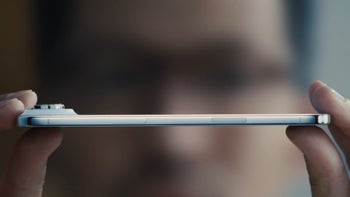
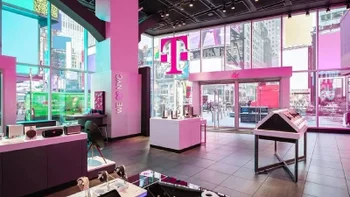
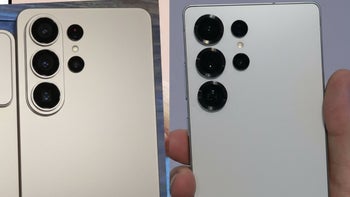
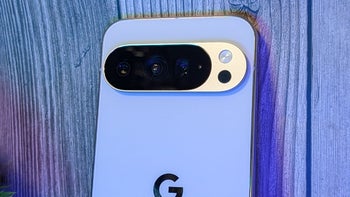

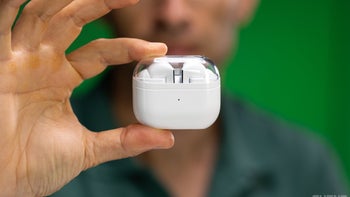
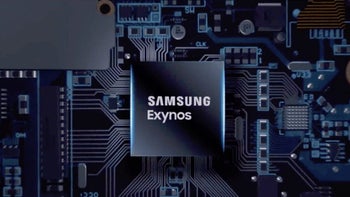


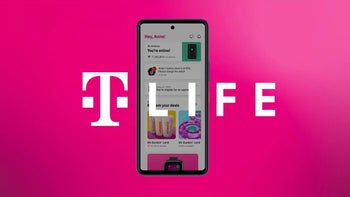
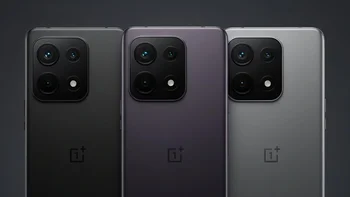
Things that are NOT allowed:
To help keep our community safe and free from spam, we apply temporary limits to newly created accounts: